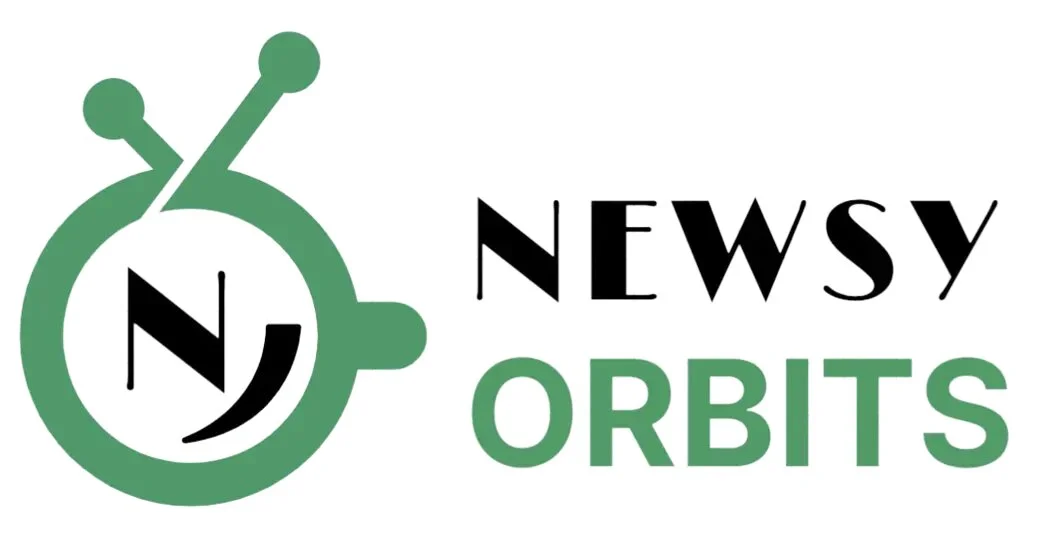In the ever-evolving landscape of business, safeguarding your enterprise from potential risks is paramount. General Liability Insurance stands as a cornerstone of business protection, offering a shield against unforeseen liabilities. In this comprehensive guide, we delve into the nuances of General Liability Insurance, elucidating its significance, coverage, and the critical considerations for businesses.
What is General Liability Insurance?
General Liability Insurance (GLI), often referred to as business liability insurance, provides coverage for your business against claims of bodily injury, property damage, and personal and advertising injury. This type of insurance is essential for businesses of all sizes, ensuring that legal costs and potential payouts do not cripple the enterprise.
Coverage Inclusions
General Liability Insurance typically covers:
- Bodily Injury: Medical expenses, legal fees, and damages if someone is injured on your business premises.
- Property Damage: Costs associated with damage to someone else’s property caused by your business operations.
- Personal and Advertising Injury: Legal expenses and damages related to defamation, slander, copyright infringement, and more.
- Medical Payments: Covers medical costs for injuries sustained by a third party, irrespective of fault.
- Legal Defense Costs: Attorney fees, court costs, and settlement expenses.
Why Do You Need General Liability Insurance?
Operating a business inherently involves risks. From customer interactions to daily operations, unforeseen incidents can arise, leading to significant financial liabilities. General Liability Insurance acts as a financial safety net, allowing businesses to operate with peace of mind. Here’s why it’s crucial:
Protection Against Lawsuits
In today’s litigious society, businesses are vulnerable to lawsuits for a myriad of reasons. Whether it’s a slip-and-fall accident or a claim of advertising infringement, legal battles can be costly and time-consuming. General Liability Insurance provides the necessary legal support and financial backing to navigate these challenges.
Business Credibility
Having General Liability Insurance enhances your business’s credibility. Clients, partners, and investors often prefer to engage with businesses that have comprehensive insurance coverage, as it reflects a commitment to professionalism and responsibility.
Contractual Requirements
Many business contracts require proof of General Liability Insurance. Landlords, clients, and vendors may demand insurance coverage as a prerequisite for collaboration, ensuring that all parties are protected in the event of an incident.
Key Components of General Liability Insurance
Understanding the core components of General Liability Insurance helps in selecting the right policy for your business needs. Here are the primary elements:
1. Policy Limits
- Per Occurrence Limit: The maximum amount the insurer will pay for a single claim.
- Aggregate Limit: The total amount the insurer will pay for all claims during the policy period.
2. Deductibles
The amount you pay out-of-pocket before the insurance coverage kicks in. Higher deductibles generally result in lower premium costs, but it’s important to balance affordability with financial risk.
3. Exclusions
Specific incidents or circumstances that are not covered by the policy. Common exclusions include intentional damage, employee injuries (covered by workers’ compensation), and professional errors (covered by professional liability insurance).
Choosing the Right General Liability Insurance Policy
Selecting the appropriate General Liability Insurance requires careful consideration of several factors:
Assess Your Risks
Conduct a thorough risk assessment to identify potential hazards associated with your business operations. This helps in determining the level of coverage needed.
Compare Quotes
Obtain quotes from multiple insurers to compare coverage options and premium costs. Look for insurers with a strong reputation and financial stability.
Read the Fine Print
Carefully review policy details, including coverage limits, deductibles, and exclusions. Ensure that the policy aligns with your business needs and offers comprehensive protection.
Case Studies: General Liability Insurance in Action
To illustrate the importance of General Liability Insurance, consider the following real-world scenarios:
Case Study 1: Bodily Injury Claim
A customer slips on a wet floor in a retail store, resulting in a serious injury. The customer sues the business for medical expenses and lost wages. With General Liability Insurance, the store’s legal fees and settlement costs are covered, preventing a significant financial burden.
Case Study 2: Property Damage
During a construction project, a contractor accidentally damages a client’s property. The client demands compensation for repairs. The contractor’s General Liability Insurance covers the repair costs, maintaining the client relationship and financial stability.
Case Study 3: Advertising Injury
A small business is sued for copyright infringement after using a competitor’s slogan in an advertising campaign. The legal battle could be financially devastating, but the business’s General Liability Insurance covers the legal fees and potential settlement.
Conclusion
General Liability Insurance is an indispensable asset for any business, providing essential protection against a variety of risks. By understanding the coverage, assessing your business needs, and choosing the right policy, you can ensure your enterprise remains secure and resilient.
If you want to read more information about how to boost traffic on your website just visit –> The Insider’s Views.


